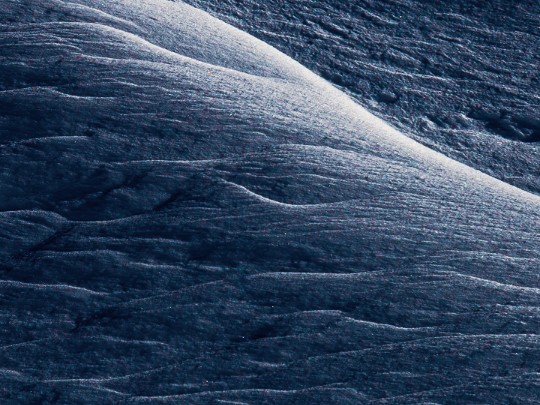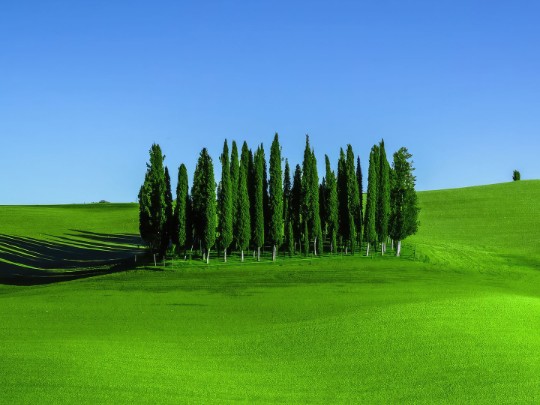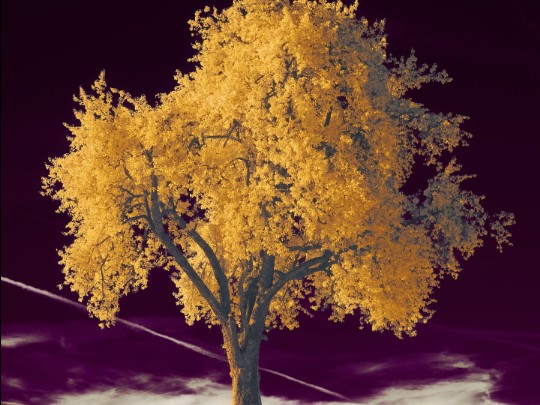The Magic of Ice and Snow: A Sensory Exploration of Winter's Textures

Winter's embrace brings with it a breathtaking transformation of the landscape, a world sculpted by ice and snow. Beyond their visual beauty, these frozen wonders offer a fascinating array of textures, inviting us to engage with nature in a truly sensory way. From the pristine smoothness of a frozen lake to the intricate, crystalline structure of freshly fallen snow, each surface tells a unique story shaped by the elements.
A World of Textures: More Than Meets the Eye
The textures of ice and snow are far more diverse than many realize. Consider the difference between the powdery softness of a fresh snowfall and the dense, icy crunch of a packed snowdrift. Or the startling clarity of a sheet of ice, compared to the milky opacity that forms when air bubbles become trapped within. These variations aren't random; they are the result of complex interactions between temperature, humidity, and wind.
The Science Behind the Sensation
Temperature plays a crucial role. Colder temperatures generally lead to drier, more crystalline structures. Warmer temperatures, on the other hand, can result in wetter, more compact snow or ice. Humidity also influences the texture; high humidity contributes to snow that's heavier and more prone to clumping. Wind is the sculptor, shaping snowdrifts and creating intricate patterns on ice surfaces.
Exploring the Different Forms of Snow
- Powder Snow: The dream of skiers and snowboarders, powder snow is light, dry, and fluffy due to low moisture content and cold temperatures.
- Wet Snow: Heavy and easily compacted, wet snow forms when temperatures are near freezing and humidity is high.
- Graupel: Also known as snow pellets, graupel forms when supercooled water droplets collect on snowflakes, creating small, soft ice balls.
- Ice Crystals: These intricate formations are created when water vapor freezes directly into ice, bypassing the liquid phase.
The Beauty of Ice
Ice, too, presents a spectrum of textures. Clear ice, formed slowly and undisturbed, is remarkably transparent. Ice that has been subjected to rapid freezing or contains impurities can appear cloudy or opaque. The formations on frozen lakes and rivers – the jagged edges, the smooth curves, the mesmerizing patterns – are a testament to the power and artistry of nature.
Appreciating the Moment
Taking the time to truly observe and appreciate the textures of ice and snow allows us to connect with the natural world on a deeper level. Feel the crispness of the air, the coolness of the snow on your skin, and the satisfying crunch under your boots. It’s a reminder of the beauty and wonder that surrounds us, even in the depths of winter. So, embrace the cold and explore the magic of ice and snow – your senses will thank you.






